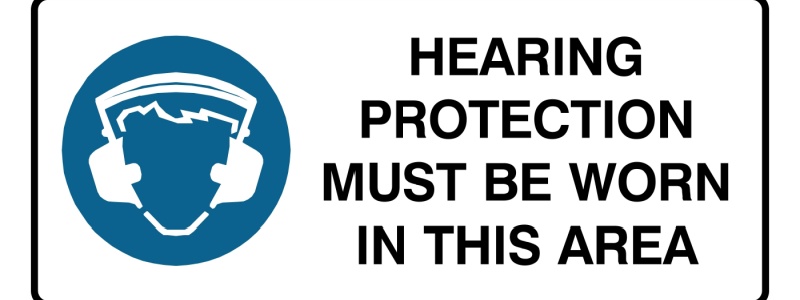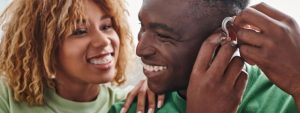At Care Net Consultants, we understand the joy and energy that music brings to our daily lives. However, prolonged exposure to loud music can negatively impact your hearing, sometimes leading to permanent damage. This blog post will explore the connection between loud music and hearing loss, how to recognise early signs of damage and offer practical strategies to protect your hearing without sacrificing your love for music.
How Loud Music Affects Your Hearing
Your ears are delicate organs, and loud music, especially over an extended period, can damage the tiny hair cells in your inner ear that transmit sound signals to the brain. Unlike other cells in your body, once these hair cells are damaged, they do not regenerate, leading to permanent hearing loss. Here’s how loud music can impact your hearing:
Noise-Induced Hearing Loss: Listening to music at high volumes, primarily through headphones or earbuds, can lead to noise-induced hearing loss. Hearing loss occurs when sound levels exceed safe limits, typically around 85 decibels (dB).
Tinnitus: Exposure to loud music can also lead to tinnitus, a persistent ringing or buzzing in your ears. While tinnitus may be temporary after a concert or a loud event, it can become permanent with repeated exposure to loud music.
Delayed Hearing Damage: Hearing damage from loud music can accumulate over time. You may not notice it immediately, but the effects can become more apparent as you age.
Recognising the Signs of Hearing Damage
It’s important to recognise early signs of hearing damage and take action before it becomes irreversible. Some warning signs include:
- Ringing or buzzing in your ears (tinnitus) after listening to loud music.
- Difficulty hearing conversations in noisy environments or needing to ask people to repeat themselves often.
- Muffled sounds or feeling like your ears are blocked.
- Turning up the volume on your devices or speakers to hear clearly.
If you experience any of these signs, it’s crucial to consult a healthcare professional for a hearing evaluation.
Tips for Limiting Loud Music to Protect Your Hearing
You don’t have to give up your love for music to protect your hearing. You can enjoy your favourite tunes while preserving your hearing health by making minor adjustments to how you listen.
1. Follow the 60/60 Rule
The 60/60 rule is a simple guideline to protect your ears: listen to music at 60% of the maximum volume for no more than 60 minutes at a time. This reduces the strain on your ears and allows time for them to recover.
2. Use Noise-Cancelling Headphones
One of the reasons people turn up the volume of their music is to drown out background noise. Noise-cancelling headphones can help you enjoy music at lower volumes by blocking external sounds. They are accommodating in noisy environments, such as public transport or crowded areas.
3. Take Listening Breaks
Please give your ears a break by stepping away from the music regularly. After an hour of listening, taking a few minutes of silence can significantly reduce the risk of hearing damage over time.
4. Use Earplugs at Concerts
Live music venues can often reach decibel levels that exceed safe listening thresholds. Wearing high-fidelity earplugs, which reduce the volume without distorting sound quality, can help protect your hearing while still allowing you to enjoy live performances.
5. Monitor Volume Levels
Many smartphones and music devices now have volume limit settings. Use these features to set a maximum volume that won’t exceed safe levels. You can also download apps that measure decibel levels in real time to ensure your environment isn’t too loud.
6. Turn Down the Volume on Speakers
Be mindful of how high you set the volume when using home speakers. Instead of turning the music up to fill the room, consider using multiple speakers at lower volumes to distribute sound evenly.
7. Educate Yourself and Others
Awareness is critical to protecting your hearing. Please educate yourself on safe listening practices and encourage friends and family to be mindful of their music volume levels, especially in shared spaces.
Enjoy Music Safely
Music is a beautiful part of life, and with a few simple changes, you can continue to enjoy it without risking your hearing. Limiting exposure to loud music, using protective devices like noise-cancelling headphones or earplugs, and recognising early signs of damage can make a significant difference in preserving your hearing.
At Care Net Consultants, we’re here to help you with any hearing concerns. If you’re worried about your hearing or want personalised advice on protecting it, please get in touch with our team for guidance.
Stay safe, and keep enjoying your music—responsibly!
Warm regards,
Care Net Consultants




